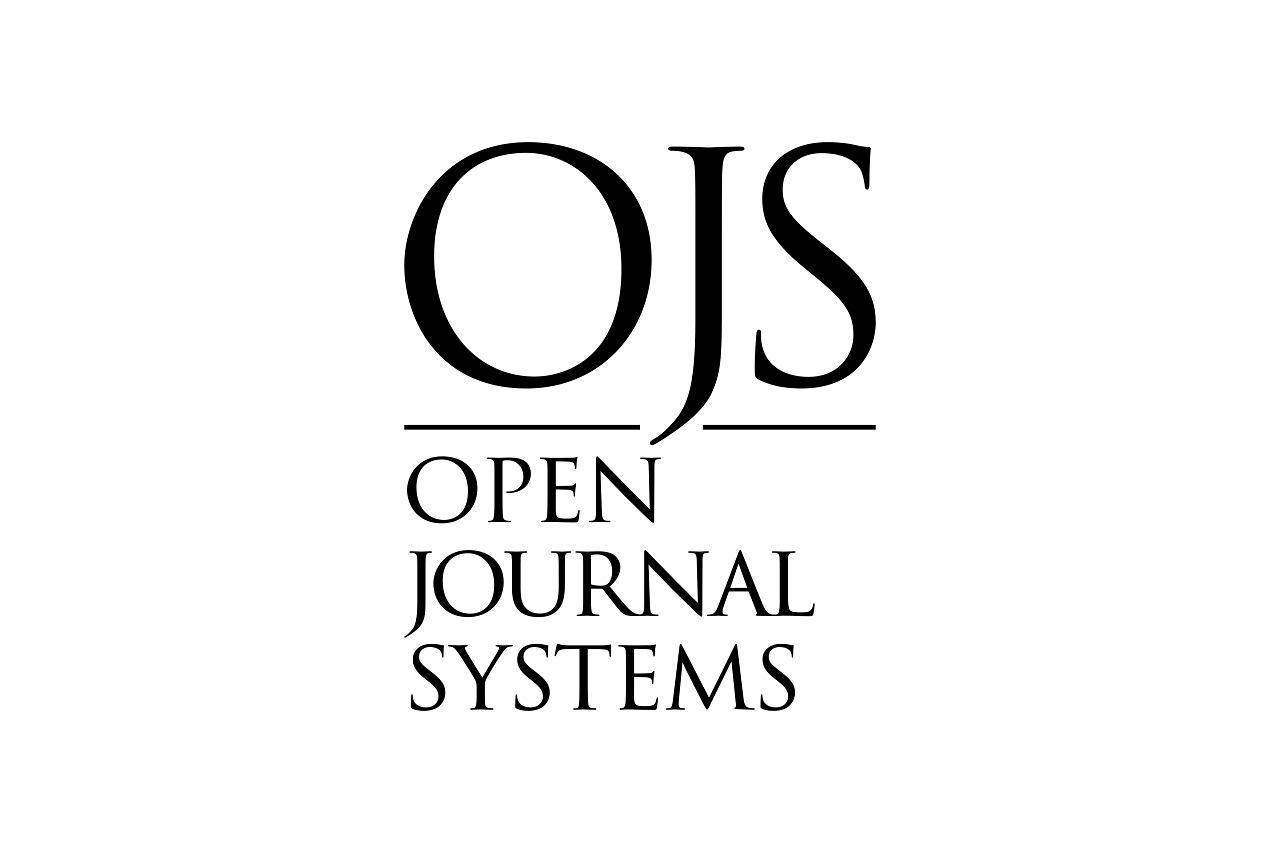Амбивалентность национальной идентичности как политический фактор
DOI:
https://doi.org/10.52123/1994-2370-2022-916Ключевые слова:
национальная идентичность, гражданская идентичность, национальная политика , национализм , межэтнические отношения , межрелигиозные отношения , патриотизм , плюрализм , толерантностьАннотация
В статье рассматриваются особенности и противоречия национальной идентичности, ее свойства неоднозначного влияния на общественно-политическую жизнь. Как мы видим из современных политических процессов, сейчас во многих странах мира наблюдается кризис национальной идентичности. Процесс глобализации, охватывающий весь мир, усиливает мультикультурализм, космополитическую идентичность, а процесс демократизации развивает гражданско-политическую идентичность. В свою очередь, суверенные национальные государства нацелены на защиту своих национальных интересов, достижение общенациональной идентичности, основанной на общественном согласии и межнациональном согласии.
К сожалению, использование национальной идентичности в деструктивных коварных целях, превращая ее в политический лозунг, также распространено в политике. Национальная идентичность как политический фактор может способствовать как общественной стабильности и мирной жизни, так и различным конфликтам и политическим кризисам. Поэтому для формирования и развития национальной и гражданской идентичности в таком полиэтничном государстве, как Казахстан, всестороннее изучение этой сложной проблемы имеет большое политическое и научное значение. Авторы анализируют амбивалентное свойство национальной идентичности как политический фактор, раскрывают его положительные и отрицательные стороны, вносят предложения, способствующие проведению прагматической национальной политики.
 : 912
: 912
 : 322
: 322























